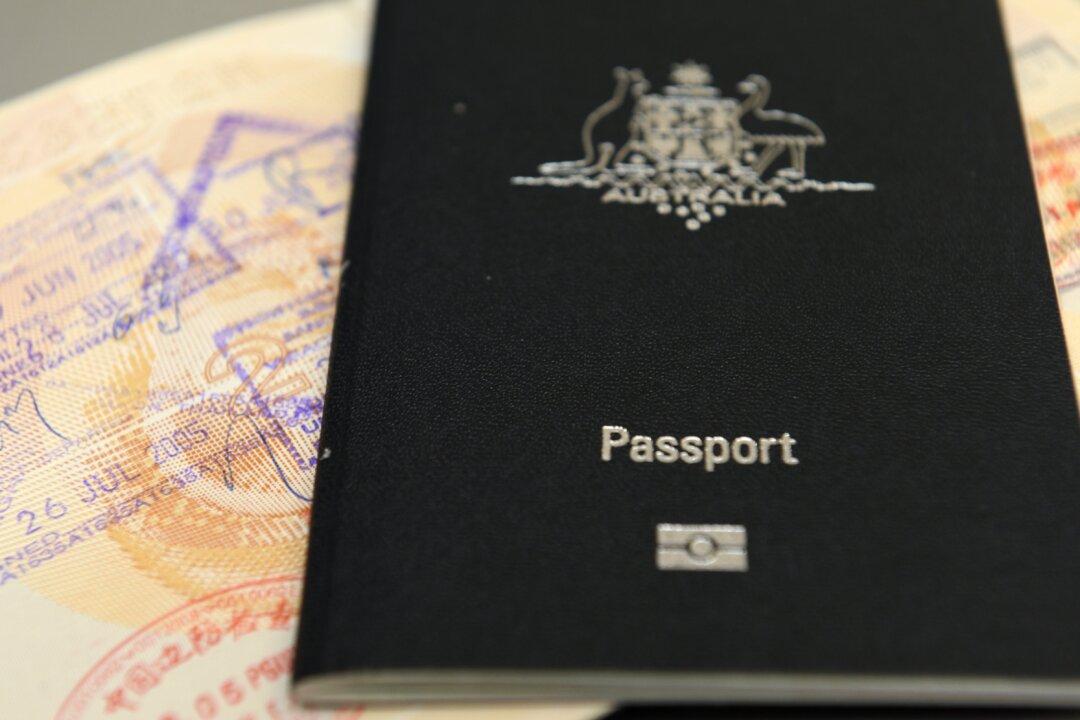According to Pew Research Center, despite the worsening relations between Australia and China, most Australians hold negative views toward the Chinese regime rather than its people.
The survey report released on Sept. 26 asked Australians to describe—in their own words—the first thing that comes to mind when they think of China. The researchers analyzed the 1,127 responses received while focusing on the most frequently mentioned topics.





